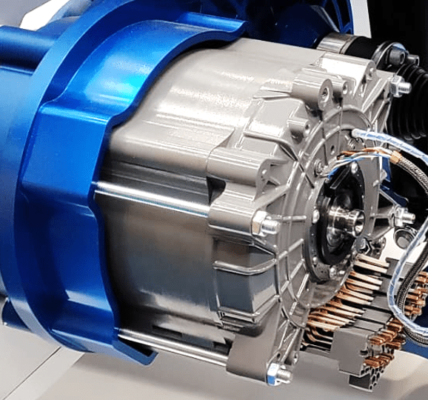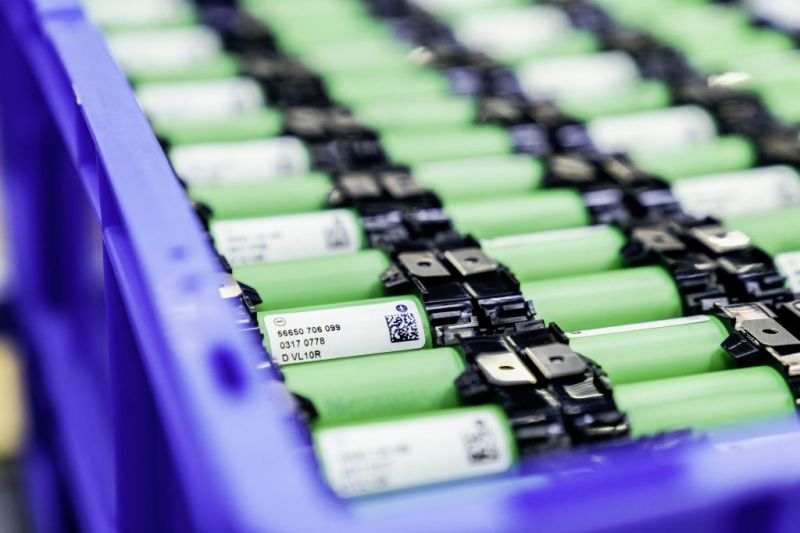Asian equities had a strong start to the month as growth stocks and sectors outperformed.
Hong Kong and Mainland China benefitted from news that Janet Yellen will visit China this week as green shoots in US-China relations continue to sprout, just like the vines attacking my trees. Bloomberg was one of the few Western media outlets to report that China’s Ambassador Xie Feng met with President Biden at the White House over the weekend. Remember that the diplomatic situation has kept many professional investors out of the China equity space. However, the absurd disparity between US technology and internet valuations and those in China technology should be hard for professional investors to ignore.
June’s Caixin PMI came in slightly better than anticipated at 50.5 versus an expected reading of 50 and May’s 50.9.
The big news was China’s June EV sales data, which was much higher than anticipated. While TeslaTSLA +6.9% receives most of the media attention, the world’s largest electric vehicle (EV) maker BYD had a great month, according to data from CNEVPost.com. BYD gained +4.48% after selling 253,046 cars, which brings their first-half total to 1.25 million with several new models coming out later this year. NIO gained +8.11% after selling 10,707 vehicles, Li Auto gained +8.49% after 32,575 sold, and Xpeng gained +16.5%. Meanwhile, Geely Auto gained +6.28%, Guangzhou Auto gained +6.42%, and Great Wall Motors gained +7.47%.
Internet stocks had a strong day as Tencent gained +1.93%, Meituan gained +3.35%, Alibaba gained +2.89%, and JD.com gained +4.46%. The move pushed the Hang Seng Index up from 19,000 to 19,306, while Shanghai closed above 3,200 at 3,243 and Shenzhen closed above 2,000 at 2,060. CNY managed to post a James Bond, gaining +0.07% versus the US dollar.
People’s Bank of China (PBOC) Governor Yi Gang’s potential successor Pan Gongsheng was named. A Chinese financial media noted his pro-reform and pro-capital markets reputation and track record.
The Hang Seng and Hang Seng Tech indexes gained +2.06% and +3.66%, respectively, on volume that increased +10.58% from Friday, which is 79% of the 1-year average. 433 stocks advanced while 67 declined. Main Board short sale turnover increased +9.92% from Friday, which is 64% of the 1-year average as 14% of turnover was short turnover. The growth factor outperformed the value factor as large caps outpaced small caps. All sectors were positive as consumer discretionary gained +3.64%, materials gained +3.4%, and energy rose +2.59%. The top-performing subsectors were auto, consumer services, and retail. Meanwhile, healthcare equipment and household products were the worst-performing sectors. Southbound Stock Connect volumes were moderate/light as Mainland investors sold a net -$270 million worth of Hong Kong stocks as Tencent was a small net sell, and Meituan, Xpeng, and Li Auto small net buys.
Shanghai, Shenzhen, and the STAR Board gained +1.31%, +0.53%, and +0.32%, respectively, on volume that increased +12.05% from Friday, which is 113% of the 1-year average. 2,964 stocks advanced while 1,710 declined. Value factors outperformed growth factors while large caps outperformed small caps. All sectors were positive as energy gained +3%, consumer discretionary +2.66% and staples +2.42%. The top-performing subsectors were restaurants, insurance, and auto. Meanwhile, internet, industrial machinery, and software were among the worst-performing. Northbound Stock Connect volumes were moderate/high as foreign investors bought a net $370 million worth of Mainland stocks as China Tourism Duty Free was a moderate/high net buy, Kweichow Moutai was a very small net buy, and Foxconn was a very small net sell. CNY and the Asia Dollar Index gained versus the US dollar, +0.07% and +0.21%, respectively, while Treasury bonds sold off. Copper gained while steel fell.






